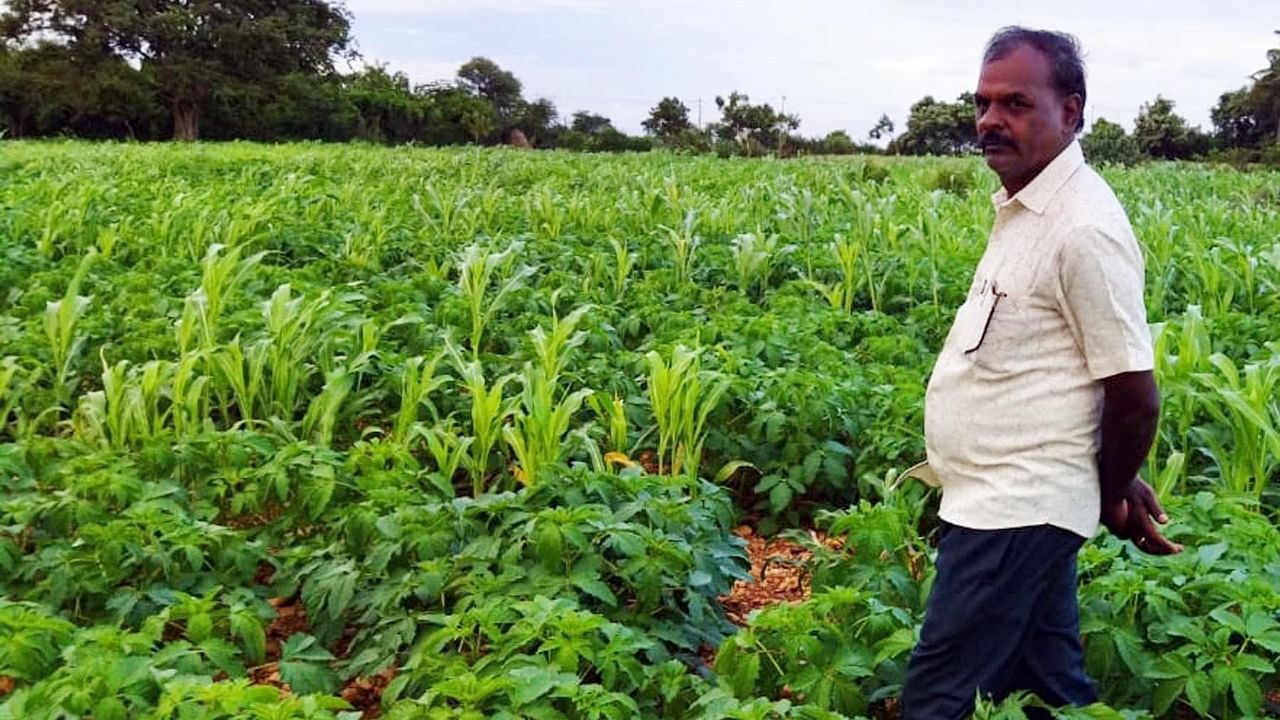
Three years and Rs 15,000 crore later, the Karnataka government has prepared an audit plan to scrutinise the crop loan waiver scheme, the flagship programme of the previous Congress-JD(S) coalition.
From 2018 till date, 19.87 lakh crop loan accounts received Rs 15,608.8 crore towards the waiver, according to data made public by the government.
This includes loans borrowed from both commercial and cooperative banks.
However, the internal audit, whose draft guidelines are awaiting the Finance department’s nod, will be done for the loans that were waived in commercial banks, covering more than 10 lakh farmers with a cash outgo of over Rs 7,600 crore.
The main objective of the proposed internal audit is to ascertain if the loan waiver scheme benefited all eligible farmers and the exclusion of those who were ineligible.
The crop loan waiver was JD(S) leader H D Kumaraswamy’s poll promise, which he implemented even as he shared power with the Congress amid concerns that it would hit the state’s finances.
The waiver covered loans between April 2009 and December 2017.
It involved crediting Rs 25,000 into the accounts of farmers with regular loans and up to Rs 2 lakh in all other loan accounts, including non-performing assets (NPAs).
IAS officer Munish Moudgil was asked to oversee its implementation for which he designed a software.
A pre-audit done for 1,532 randomly-selected loan accounts did not throw up large-scale anomalies. Of them, 27 accounts were sanctioned before April 2009, eight were not crop loan accounts, 10 accounts had an outstanding balance of less than zero as on December 31, 2017, and in 180 accounts the information provided did not tally.
“These discrepancies are caught by the system anyway and payment will not be done,” Moudgil said.
“The purpose of the pre-audit was to check that the data entry by banks was in accordance with documents.”
The loan waiver scheme itself is still active as payments continue to be made. Recently, Rs 82.64 crore of the waiver money credited into 13,966 loan accounts bounced back.
The top four banks with the highest number of loans waived are the Karnataka Gramin Bank, Karnataka Vikas Grameena Bank, Canara Bank and the State Bank of India.
Once the audit starts, auditors will verify at least 25% of the accounts to see if the scheme was implemented properly, according to the State Level Bankers’ Committee.
